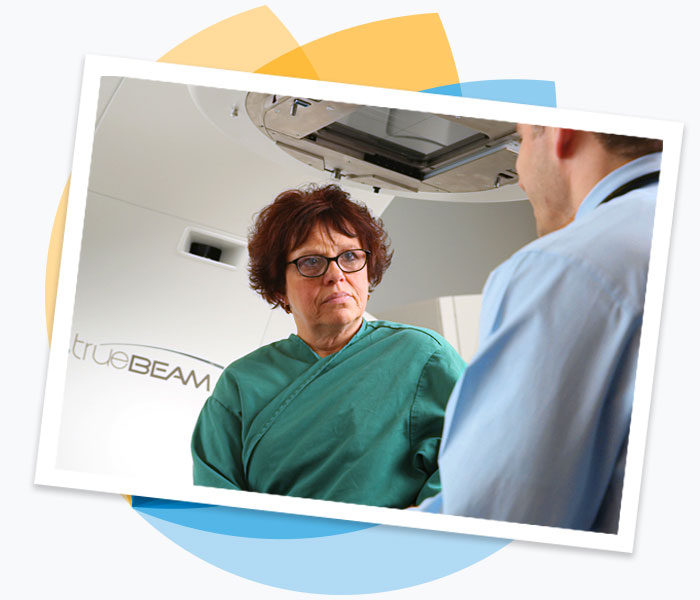Signs & Symptoms of Ovarian Cancer
Patients often present nonspecific pelvic or abdominal symptoms, such as bloating, frequent urination, irregular periods or unexpected vaginal bleeding (after menopause), indigestion, fatigue, and pain in the back, abdomen, or pelvis. Because symptoms are similar to those of other common illnesses and/or some female reproductive conditions, ovarian cancer can be difficult to diagnose at an early stage.
READ MORE >
Stages of Ovarian Cancer
If you've been diagnosed with ovarian cancer, your gynecologic oncologist will determine the stage of your cancer to help decide on a treatment plan. Ovarian cancer stages range from Stages I - IV, based on whether the cancer has spread to other parts of the body
READ MORE >
Ovarian Cancer Risk Factors
There is no way to completely prevent ovarian cancer. Ovarian cancer is associated with some factors that you can control - like obesity and smoking, but also other factors that you cannot, such as age and genetics. Find out what you can do to avoid ovarian cancer from developing.
READ MORE >
Detecting & Diagnosing Ovarian Cancer
There is no standard test to screen for ovarian cancer, so it's important to watch out for symptoms and report them to your doctor. In some cases, ovarian cancer can be difficult to diagnose because symptoms may not be noticeable until the cancer has progressed.
READ MORE >


